The Faculty of Law of the Universitas Islam Indonesia (UII) in collaboration with the Universitas Muhammadiya Magelang (UM Magelang) held an International Symposium entitled The 1st Borobudur International Symposium 2019 (BIS 2019), on Wednesday, October 16, 2019. Located in the Ballroom of the Grand Artos Hotel & Convention, Magelang, the Symposium is divided into two sub, namely the 1st Borobudur International Symposium on Applied Sciences and Engineering (1st BIS ASE) and 1st Borobudur International Symposium on Humanities, Economics, and Social Sciences (1st BIS HESS ).
Faculty of Law UII became one of the co-hosts that organizing BIS 2019. According to the Secretary of the International Undergraduate Program of Faculty of Law UII, Dodik Setiawan Nur Heriyanto, SH., MH., LL.M., Ph.D., the form of cooperation between UII and UM Magelang is as the organizer of BIS 2019. Faculty of Law UII who co-hosted the organizing of BIS 2019 was mentioned in a Memorandum of Understanding (MoU).
According to Dodik Setiawan, Faculty of Law UII cooperated with UM Magelang regarding two things. First FH UII wants to increase the number of lecturer publications at the international level. Through BIS 2019, especially the 1st BIS HESS, submitting papers will later be published in proceedings indexed with Web of Science. Secondly, this cooperation is expected to be one of the steps to increase the cooperation network between Faculty of Law UII and other universities throughout Indonesia. “Adding networks of cooperation with domestic universities in Indonesia,” said Dodik Setiawan.
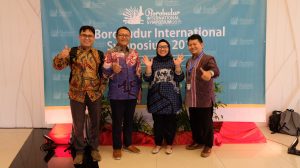
Faculty of Law UII sent six papers to participate in BIS 2019. The six papers sent are manifestations of ideas from civitas academics and lecturers at the Faculty of Law UII. The papers and presenter who participated were Dr. Budi Agus Riswandi, SH., MH., Dodik Setiawan Nur Heriyanto, SH., MH., LL.M., Ph.D., Prof. Ni’matul Huda, SH., M.Hum., Mahrus Ali, SH., MH., Bagya Agung Prabowo, SH., MH., Ph.D., and Siti Ruhama Mardhatillah, SH., MH.
BIS 2019 was held in three parts of the event. First is the first round table session. Second is the opening session, which was followed by an international seminar. Then the last is the second round table session.
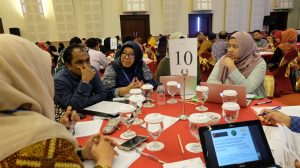 International seminar sessions presenting experts from across the country. The keynote speaker at the international seminar was Prof. Tony Lucey, Ph.D. from Curtin University, Australia, Rajesh Ranolia, B.Com., MBA from the National Institute of Information Technology, India, and Prof. Ts DR. Noreffendy Tamaldin from Universiti Teknik Malaysia Malaysia Melaka, Malaysia.
International seminar sessions presenting experts from across the country. The keynote speaker at the international seminar was Prof. Tony Lucey, Ph.D. from Curtin University, Australia, Rajesh Ranolia, B.Com., MBA from the National Institute of Information Technology, India, and Prof. Ts DR. Noreffendy Tamaldin from Universiti Teknik Malaysia Malaysia Melaka, Malaysia.
The event was attended by hundreds of speakers from various tertiary institutions. The speakers were divided into several small groups and occupied a round table. The concept of a round table is fairly new. Speakers present and respond to one another’s papers led by a moderator.

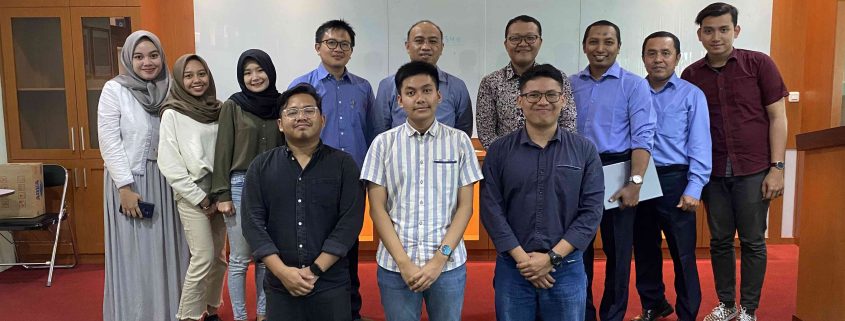
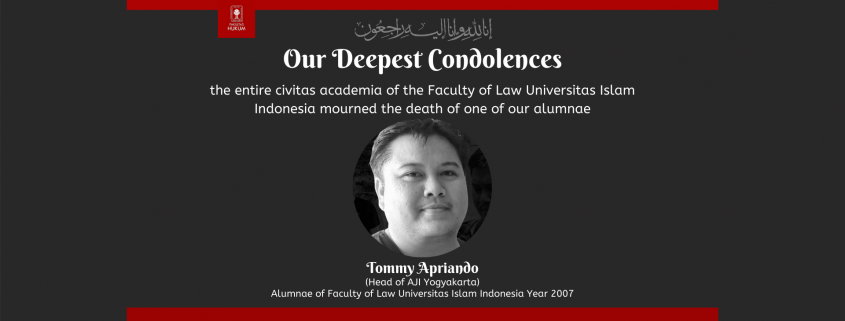
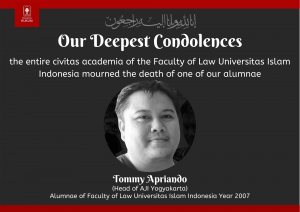
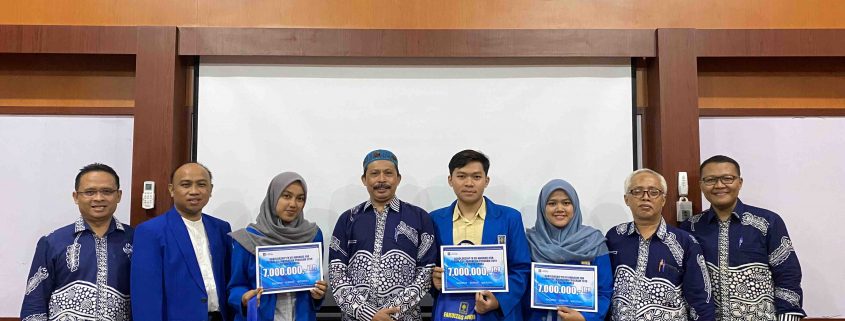
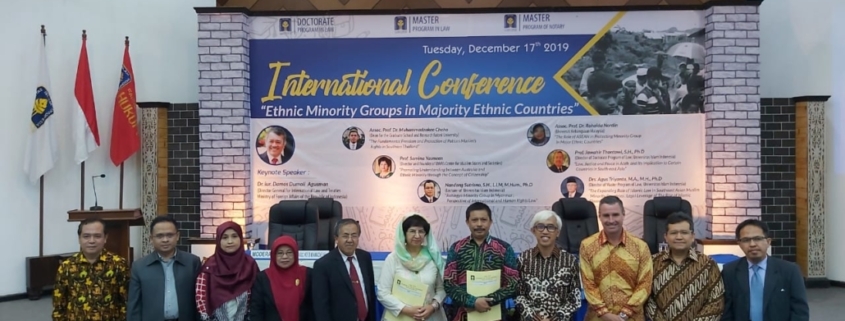
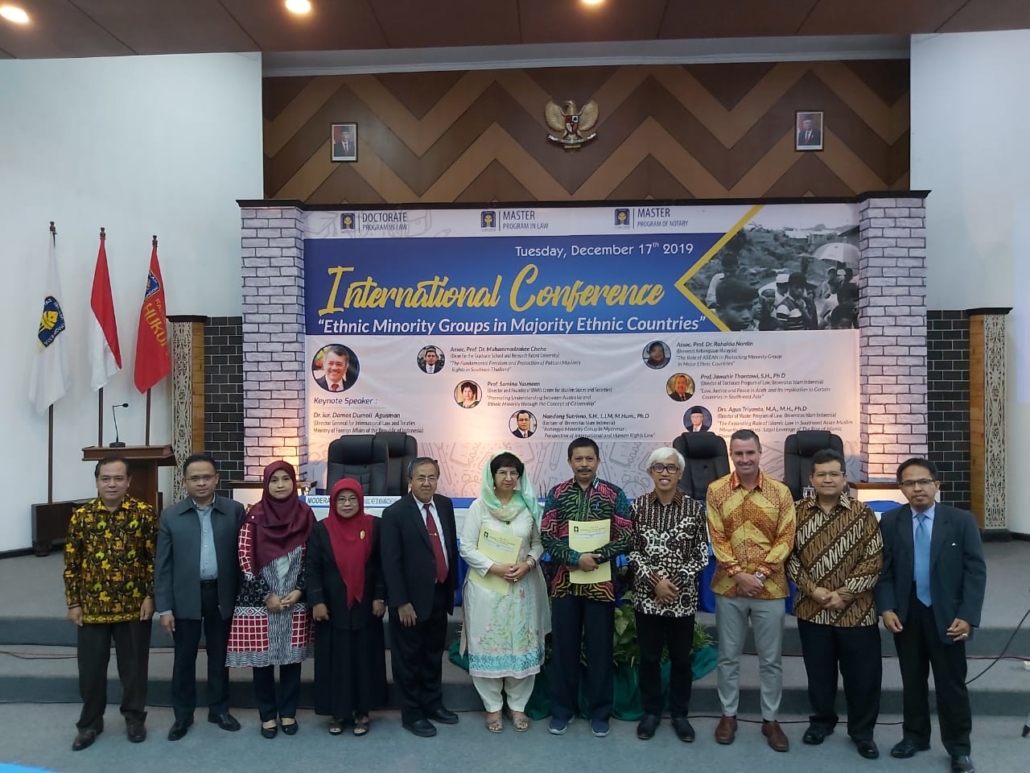
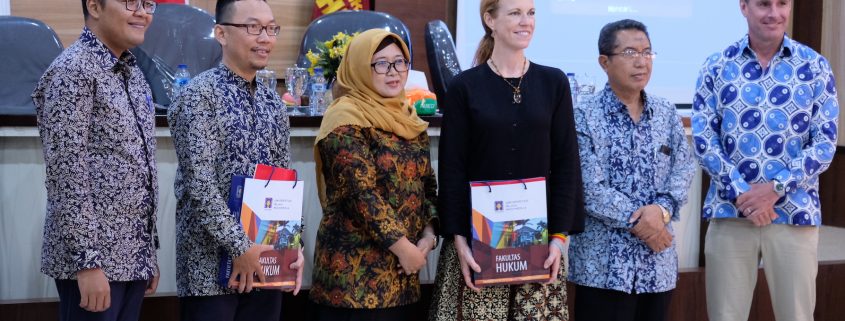
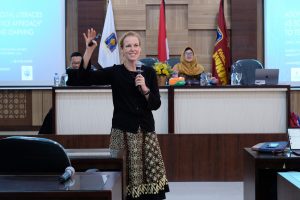
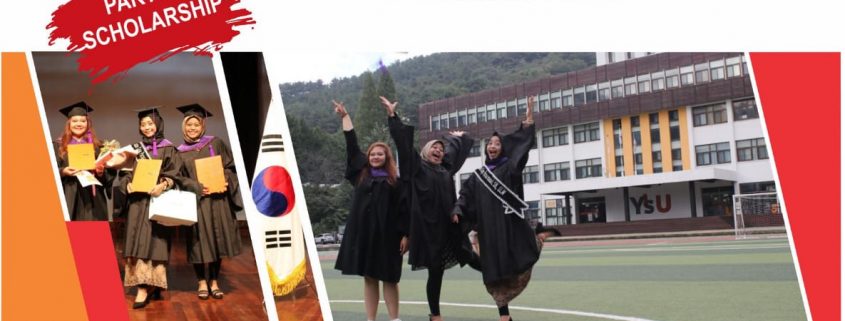
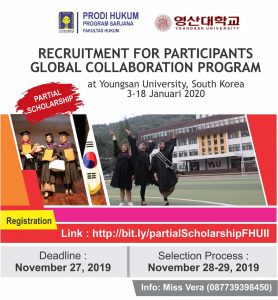
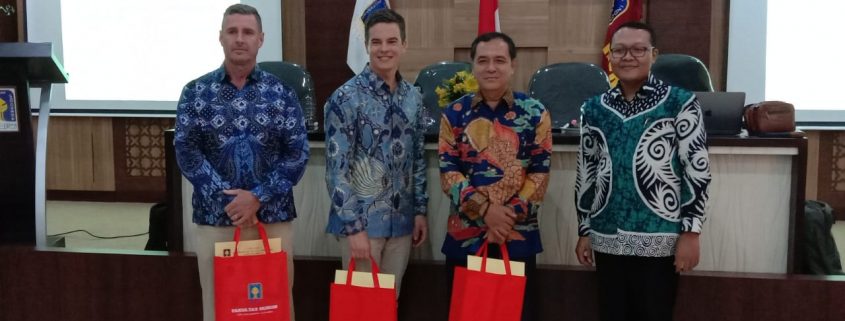
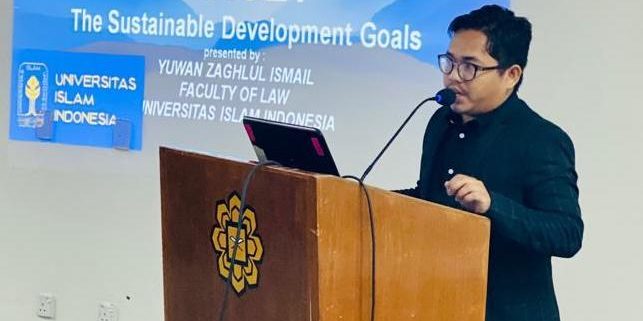
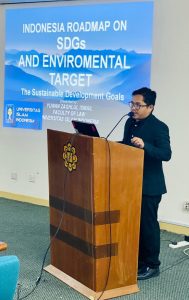
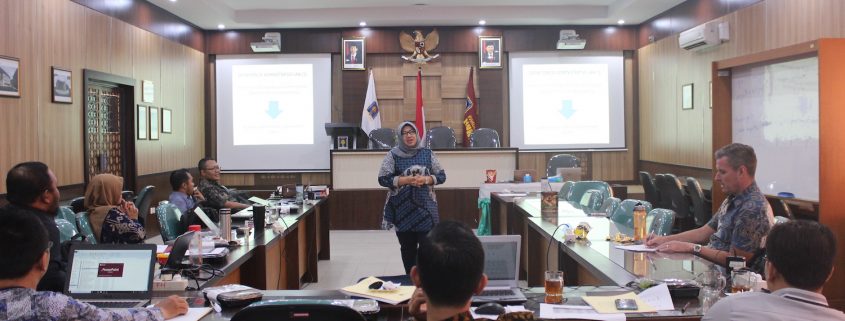
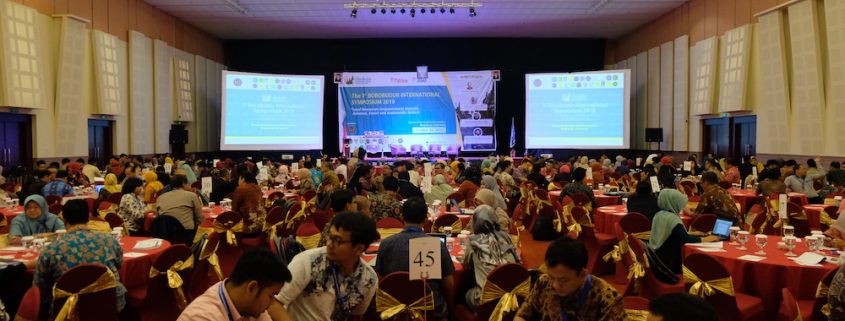

 International seminar sessions presenting experts from across the country. The keynote speaker at the international seminar was Prof. Tony Lucey, Ph.D. from Curtin University, Australia, Rajesh Ranolia, B.Com., MBA from the National Institute of Information Technology, India, and Prof. Ts DR. Noreffendy Tamaldin from Universiti Teknik Malaysia Malaysia Melaka, Malaysia.
International seminar sessions presenting experts from across the country. The keynote speaker at the international seminar was Prof. Tony Lucey, Ph.D. from Curtin University, Australia, Rajesh Ranolia, B.Com., MBA from the National Institute of Information Technology, India, and Prof. Ts DR. Noreffendy Tamaldin from Universiti Teknik Malaysia Malaysia Melaka, Malaysia.



